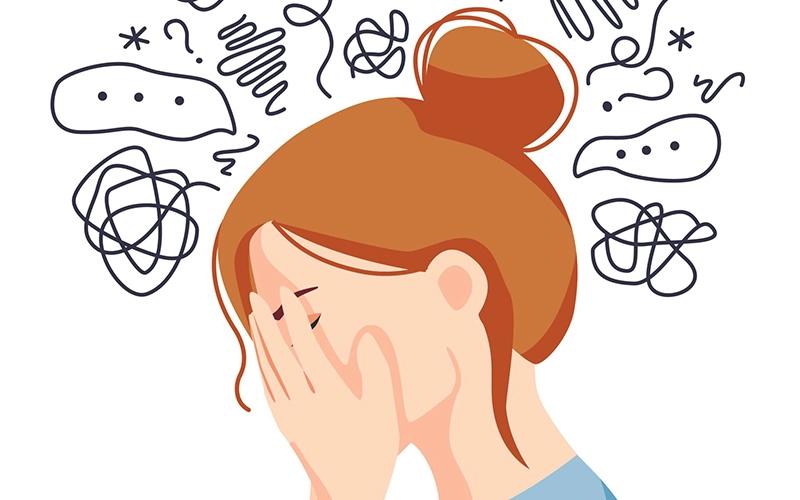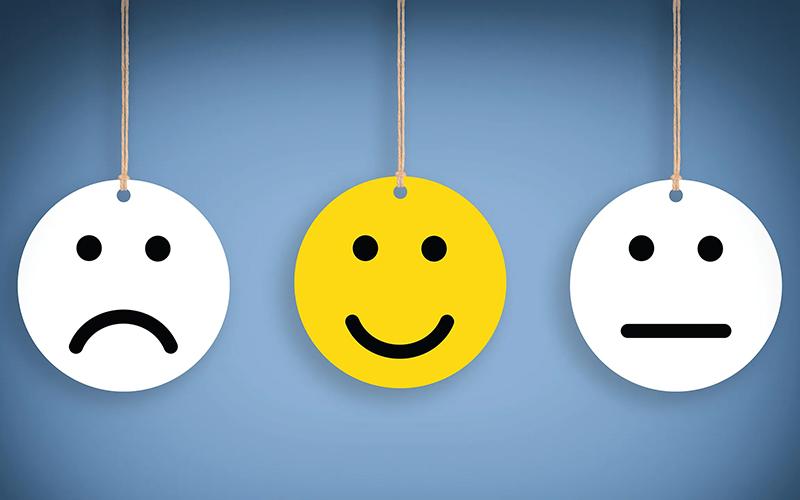Relational Aggression: A Silent Force in Human Interaction
Relational aggression refers to subtle forms of manipulation or harm used to control relationships, often without overt physical aggression. Unlike direct aggression, which can be seen and felt through acts such as hitting or shouting, relational aggression works in more covert ways—spreading rumors, excluding others, or manipulating friendships to cause emotional harm.
This type of behavior can be devastating to social bonds and emotional well-being, and it commonly manifests in childhood, adolescence, and even adult relationships. Despite its subtlety, the effects of relational aggression can be profound, leading to long-lasting emotional and psychological impacts on those involved.
The Forms and Functions of Relational Aggression
Relational aggression can take many forms, including exclusion, silent treatment, or spreading false information to tarnish someone's reputation. These tactics aim to damage social connections and the victim's sense of belonging, a key component of human emotional health. In many cases, relational aggression stems from a desire for social dominance, jealousy, or insecurity.
While traditionally more common among females, men can also engage in relational aggression, especially in competitive environments such as workplaces or social circles where direct confrontation is less acceptable.
Impact on Social Relationships and Well-Being
Relational aggression can poison social environments by creating distrust, anxiety, and emotional pain. It is particularly harmful in adolescent settings, such as schools, where the need for social approval is strong. Victims of relational aggression often experience feelings of loneliness, low self-esteem, and in severe cases, anxiety or depression. The aggressor, on the other hand, may gain temporary social power but often at the expense of long-term, meaningful connections.
For children and adolescents, being targeted by relational aggression can lead to a range of negative outcomes, including academic difficulties, emotional struggles, and impaired social development. Studies have shown that children who experience relational aggression often carry its effects into adulthood, where it continues to affect their relationships and career development.
Addressing and Reducing Relational Aggression
Understanding the dynamics of relational aggression is crucial for preventing it. Interventions that focus on teaching empathy, communication, and healthy conflict resolution skills can help reduce instances of relational aggression. Schools, workplaces, and social groups can benefit from open discussions about relational aggression, emphasizing the importance of healthy interpersonal dynamics.
Adults, too, can be susceptible to relational aggression in both personal and professional settings. Recognizing the signs of manipulation and covert hostility is the first step toward addressing and resolving these issues.
How This Scale Can Help
Our relational aggression scale is designed to help you reflect on how your behavior, or the behavior of those around you, affects your social relationships. Whether you're looking to understand subtle forms of conflict in friendships, workplaces, or family interactions, this test offers valuable insights into the relational dynamics you experience daily. Complete the test today to gain clarity on how relational aggression influences your life.



